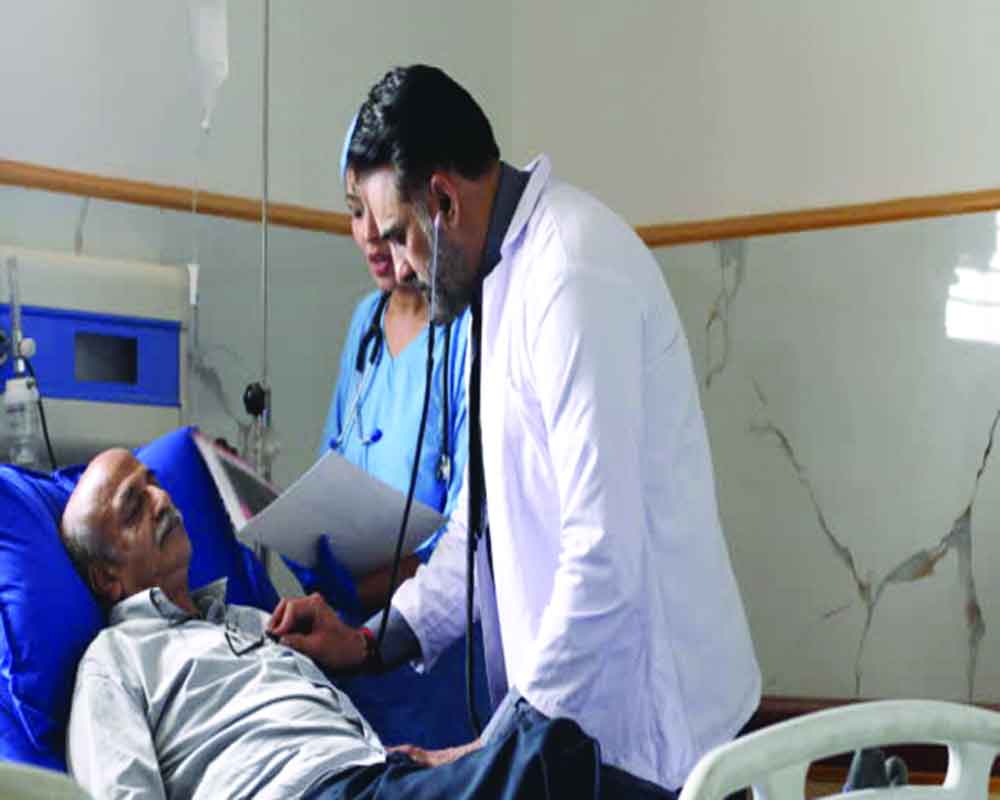Their responsible and effective use has the potential to revolutionise healthcare positively and ensure maximum benefits for the patients
The COVID-19 pandemic has reshaped the healthcare landscape globally, exposing the vulnerabilities in the healthcare system and emphasizing the need for digital transformation. In the post-pandemic era, healthcare providers grapple with the challenge of meeting increasing demand while upholding the highest standards of care. In this context, reviews and ratings (R&R) have emerged as crucial tools, providing transparency, accountability, and patient-centric care, essential for making informed healthcare decisions.
In the contemporary world, access to online information about healthcare providers is integral. Without such resources, patients would navigate a complex healthcare system with minimal knowledge about a doctor's credentials and patient feedback. They will have to rely solely on recommendations from friends and relatives. This scenario underscores the importance of R&R in facilitating informed decision-making.
The significance of reviews and ratings lies in their power to offer transparency into the quality of healthcare services. Found on various platforms, including healthcare provider websites and social media, these tools allow patients to share experiences and rate services, clinics, and providers. They provide transparency into the quality of care, empowering patients to make informed decisions about where to seek care.
Healthcare providers are increasingly aware that their performance is under public scrutiny and recognise the impact of reviews and ratings. Positive feedback reflects excellent care, while negative reviews prompt improvements. This makes them more accountable and fosters an environment where providers continuously enhance the patient experience and quality of care.
Globally, many developed nations utilise online reviews and ratings to guide healthcare choices. Systems in the US, UK, Germany, the Netherlands, and Australia provide patients with essential information to build confidence in their healthcare providers.
Access to online information enables patients to choose healthcare providers based on their unique needs and knowledge, reducing the risk of subpar care. This empowerment of patients enhances decision-making, contributing to better healthcare outcomes. Moreover, the surge in telehealth adoption post-pandemic has seen reviews and ratings play a crucial role in building trust in virtual healthcare services.
However, challenges exist, such as fake reviews and biased ratings can mislead patients and tarnish a provider's reputation. At the same time, patients can make their decision solely based on reviews without considering their specific requirement. This makes education on interpreting reviews crucial for patients. Also, it underscores the significance of integrating robust verification processes for review givers to ensure the authenticity of the review.
To gauge the significance of online ratings and reviews in the selection of healthcare providers - I ran a 24-hour poll on Twitter (now X) and asked the following question: Are online ratings and reviews important from other patients while choosing a doctor? In the over 1000 voluntary responses, the overwhelming majority of respondents said, “Yes”. This result was statistically significant (p=0.001) indicating that online ratings and reviews are important when choosing a doctor. India, in particular, can lead by establishing a robust R&R platform to promote fair healthcare. The vision of integrating technology as a catalyst for transformative change aligns with the evolving healthcare landscape. All stakeholders must collaborate to ensure the accuracy, dependability, and accessibility of online healthcare information, benefiting patients universally.
(The writer is serving as the National Zonal Coordinator for IMA-MSN and making a significant impact as a health activist, views are personal)


























